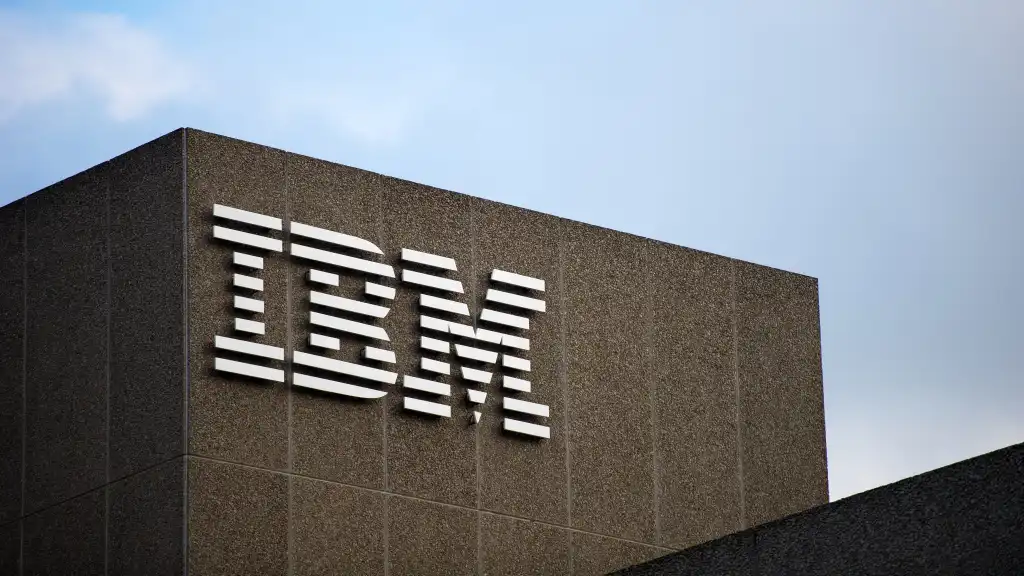IBM says the real obstacle slowing enterprise AI isn’t the models, the infrastructure, or the hype—it’s data silos. According to Ed Lovely, IBM’s VP and Chief Data Officer, these silos have become the “Achilles’ heel” of modern AI strategy. A new IBM Institute for Business Value study surveying 1,700 senior data leaders underscores the point: AI is ready to scale, but enterprise data is not.
Across finance, HR, supply chain, and marketing, data still lives in isolated pockets with no shared taxonomy or standards. This fragmentation turns every AI initiative into a months-long data cleanup project. As Lovely puts it, teams spend more time finding and aligning data than generating insights, creating a direct drag on competitiveness for enterprises trying to deploy AI at scale.
From Data Janitors to Strategic Value Drivers
The report shows a clear gap between ambition and reality for data leaders. While 92% of CDOs say business value is their primary focus, only 29% believe they have reliable ways to measure the value generated by their data programs. This misalignment is why many data teams feel stuck doing grunt work instead of driving strategy.
AI agents—autonomous systems that learn, reason, and act—are emerging as a potential solution to this bottleneck. IBM’s research shows 83% of CDOs now believe the benefits of AI agents outweigh the risks. Real-world examples bear this out. Medtronic automated its manual invoice-matching process with AI, cutting task time from 20 minutes to eight seconds while achieving over 99% accuracy. The result: staff were freed from repetitive data entry to focus on higher-value work. Matrix Renewables saw similar gains after centralizing its data platform, reducing reporting time by 75% and cutting operational downtime by 10%.
Why Architecture, Governance, and Talent Are the New AI Bottlenecks
To replicate these outcomes at scale, enterprises must rethink their data architecture. The old paradigm—migrating everything into a central data lake—no longer works for speed or cost. Instead, 81% of CDOs now take the “bring AI to the data” approach, using modern architectures like data mesh and data fabric to virtualize access across distributed environments.
This evolution introduces new governance challenges. Data sovereignty—where data is stored and how it’s handled—is now top of mind for 82% of CDOs. As access expands, the partnership between CDOs and CISOs becomes essential to balance innovation with security.
But the most difficult hurdle isn’t technology—it’s people. The talent shortage in data and AI roles is widening. In 2025, 77% of CDOs reported difficulty hiring or retaining top data talent, up sharply from 62% the year before. Even more challenging is the rapid shift in required skills: 82% of CDOs said they’re now hiring for roles that didn’t exist last year due to the rise of generative AI. As Hiroshi Okuyama, CDO at Yanmar Holdings, noted, changing culture and decision-making habits is harder than deploying any new tool.
Breaking Down Silos: What Enterprises Must Do Next
IBM’s findings point to two fronts where organizations must focus. First is the technical foundation. Enterprises need to move away from fragmented data landscapes and adopt architectures that enable secure, federated access. Data products—reusable, business-focused datasets—must become standard for internal sharing, reuse, and integration.
The second front is cultural. Data literacy can no longer live only within IT. Eighty percent of CDOs agree that democratizing data helps their companies move faster. This means giving employees intuitive tools to explore data, embedding analytics into everyday workflows, and fostering a culture where decisions are backed by evidence rather than instinct.
Ultimately, the goal is to shift from isolated AI experiments to enterprise-wide intelligent automation. The organizations that win will be those that treat data as a strategic asset rather than an operational byproduct.
Ed Lovely summarized it clearly: “Enterprise AI at scale is within reach, but only for organizations powered by the right data. Those that build integrated, end-to-end data architectures won’t just improve their AI—they’ll transform how they operate, adapt, and compete.”
Source: https://www.artificialintelligence-news.com/news/ibm-data-silos-are-holding-back-enterprise-ai/






